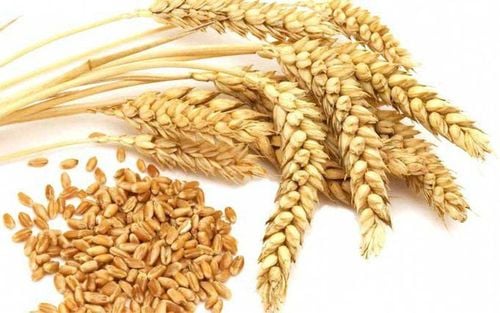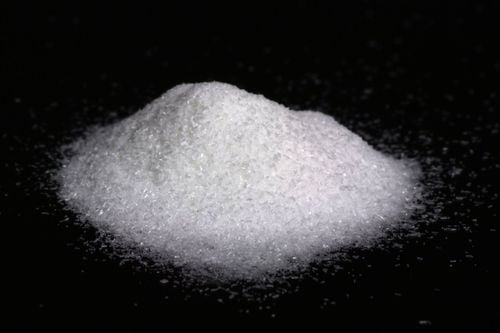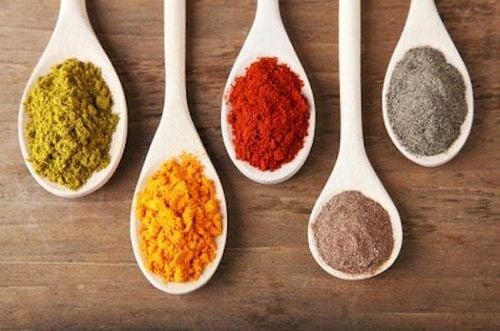This is an automatically translated article.
Calcium propionate is a food additive found in many foods, especially baked goods. It acts as a preservative to help extend shelf life by interfering with microbial growth and reproduction. While it offers many benefits to food manufacturers, is calcium propionate safe enough to consume?1. What is calcium propionate?
Calcium propionate is a naturally occurring organic salt formed by the reaction between calcium hydroxide and propionic acid.It is commonly used as a food additive – denoted E282 – to help preserve various food products, including:
Baked foods: breads, cakes, muffins Products from milk: cheese, milk powder, whey, yogurt,... Beverages: soft drinks, juices... Alcoholic beverages: beer, malt drinks, wine, cider,... Processed meats: sausages, ham, canned meats,... Calcium propionate prolongs the shelf life of various foods by interfering with the growth and reproduction of molds and microorganisms. other. Especially in the baking industry because the baking process is ideal for mold growth.
Calcium propionate has been approved for use by the United States Food and Drug Administration (FDA), World Health Organization (WHO) and United Nations Agricultural Organization (FAO).
2. Is calcium propionate safe to eat?
Calcium propionate was extensively studied by the FDA before being put into use and was found to be safe. Furthermore, WHO and FAO have not made recommendations on daily intake.An animal study showed that rats fed 1 to 3 grams of calcium propionate per day continuously for 4 to 5 weeks had no effect on their growth.
Similarly, a 1-year study in rats showed that continuous consumption of 4% calcium propionate at a rate higher than what people normally consume daily had no adverse effects on their health. Most laboratory studies on calcium propionate and their toxicity have been negative, with the exception of a few that have used excessively high doses. For example, in one study, researchers injected large amounts of calcium propionate into the yolk sac of chicken embryos, which resulted in unusual reactions.
On the other hand, it is worth noting that the human body does not store calcium propionate, which means that this compound is not accumulated in the cells. Instead, it is broken down by the gastrointestinal tract and is easily absorbed, metabolized, and eliminated through the waste stream.
3. Side effects of calcium propionate

Đau đầu, đau nửa đầu là tác dụng phụ hiếm gặp khi sử dụng canxi propionate
One human study linked propionate levels with increased production of insulin and glucagon, a hormone that stimulates the release of glucose (sugar). This can lead to insulin resistance, which occurs when the body can't use insulin properly, leading to type 2 diabetes. Additionally, a study in 27 children found that some were irritable. , restlessness, poor attention and trouble sleeping after consuming bread containing calcium propionate daily.
However, more human studies are needed on the effects of this additive before it can be concluded that calcium propionate causes these results. Therefore, at present, calcium propionate is still listed as a safe additive by reputable food organizations. For those who have any concerns about calcium propionate or believe that this is the reason for the negative symptoms in the body, it is always advisable to seek the advice of a health and nutrition professional.
Please dial HOTLINE for more information or register for an appointment HERE. Download MyVinmec app to make appointments faster and to manage your bookings easily.
Source: Healthline.com












